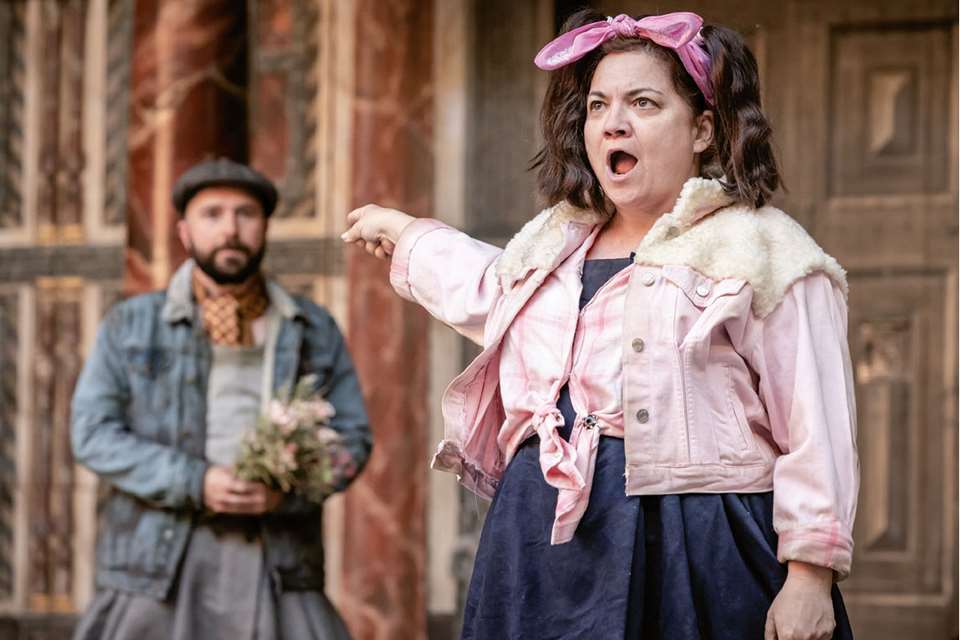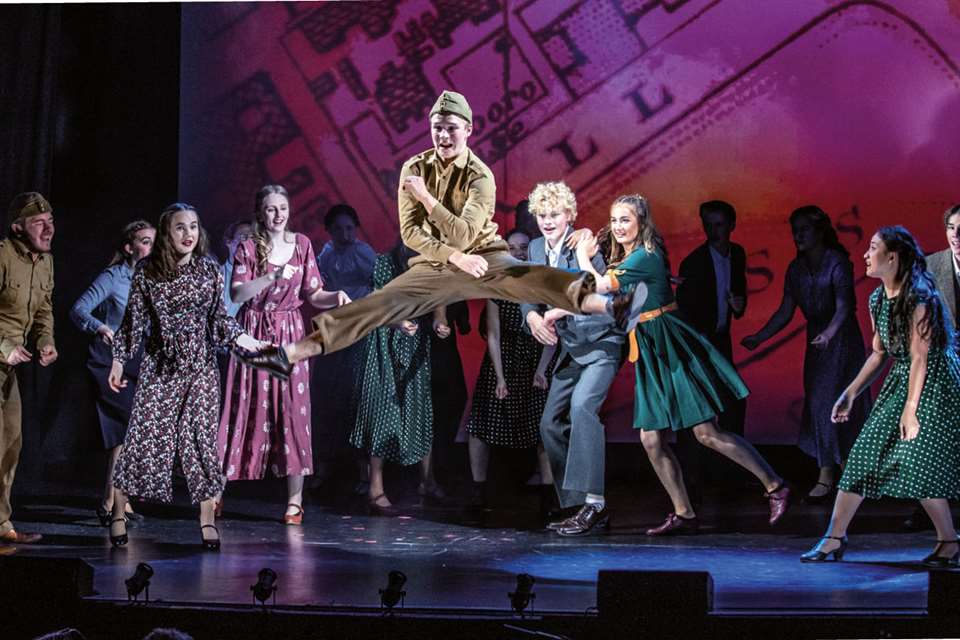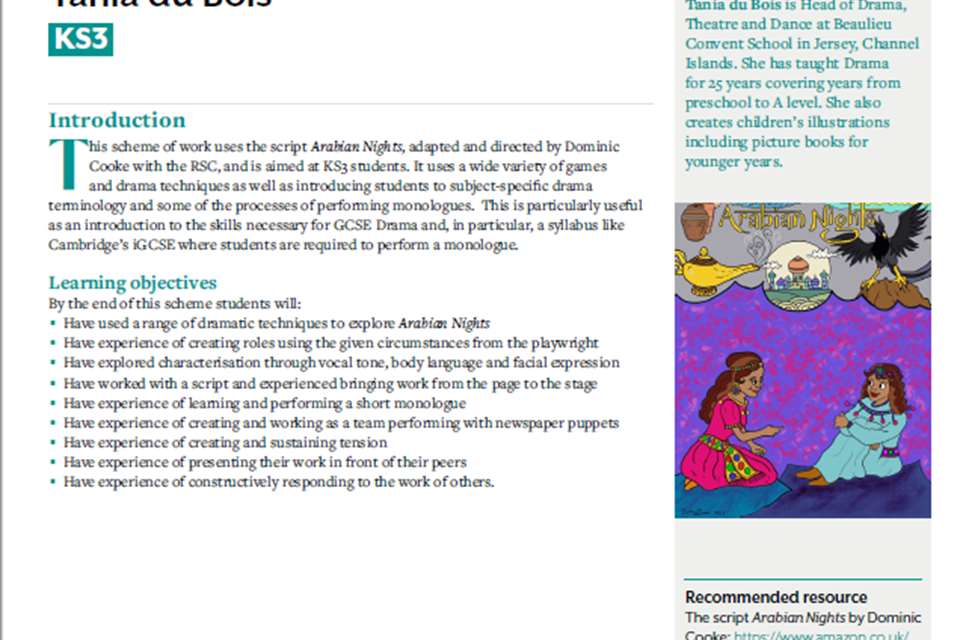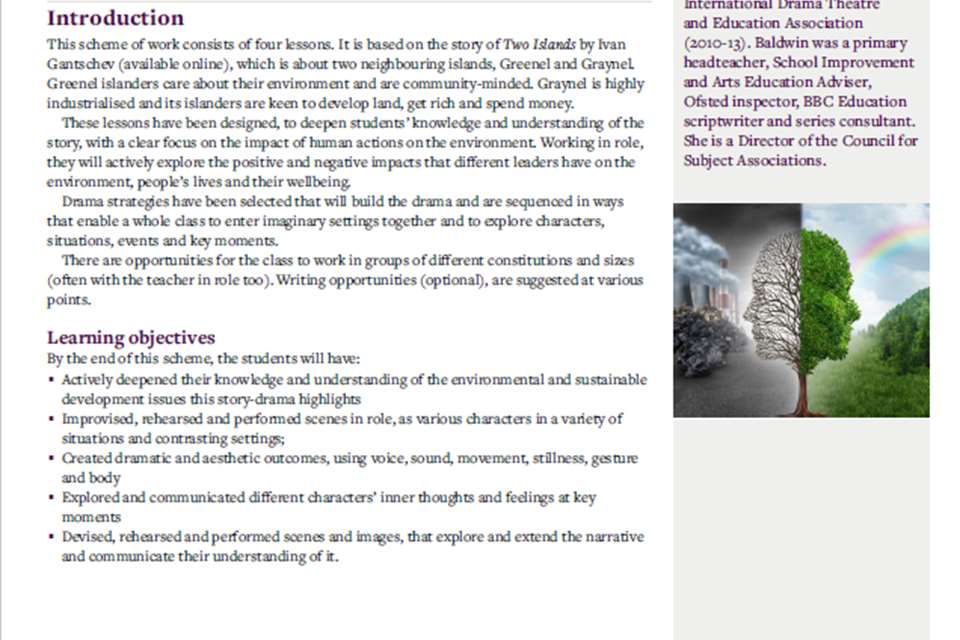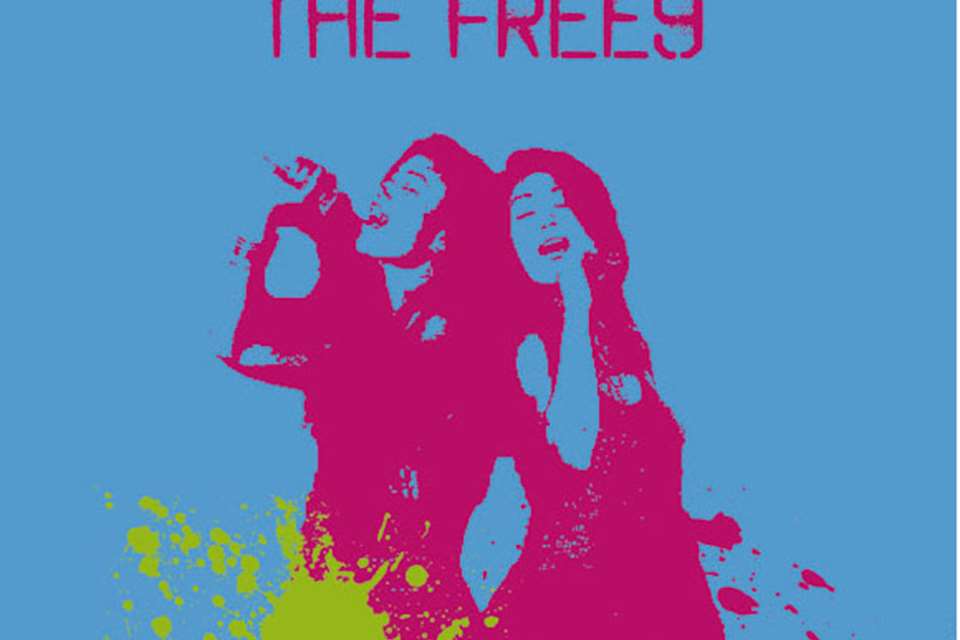Kindness: A Legacy of the Holocaust
Rhianna Elsden
Wednesday, December 1, 2021
A brilliant but serious play, perfect for introducing students to verbatim theatre
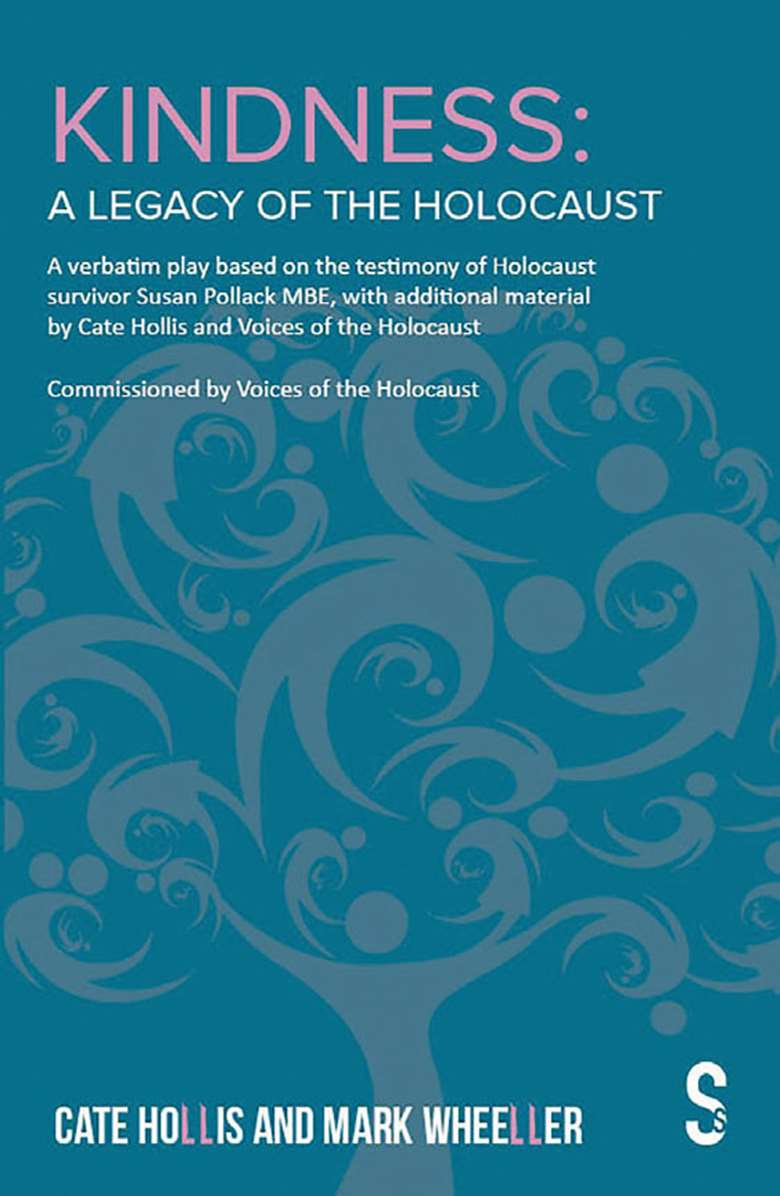
This is a new verbatim play based on the testimony of Hungarian Holocaust survivor Susan Pollack, MBE, and commissioned by Europe's only specialist Holocaust theatre-in-education company Voices of the Holocaust.
Cate Hollis (founder of Voices) and Mark Wheeller conducted the interview with Pollack that has provided most of the words in the play. Wheeller then crafted the play, with Pollak's story being the central narrative. It isn't, though, a monologue. Wheeller has created additional characters: people Pollack talked about when recounting all that she had seen and been through. Their words are Pollack's – her family, people she met on the way to the concentration camps, or in them.
Hollis and the Voices team have then used wider research to add in a few further characters. These extra characters provide some further examples of resistance and resilience, of the humanity by those suffering as counterbalance to the inhumanity of those leading the genocide.
As is often the case with verbatim theatre, there is not much in the way of staging. However, there are some suggestions, including using projections and having a tree (the tree of life) on stage with a repeated motif of stone setting beneath the tree whenever a character dies. These simple ideas would definitely add to the poignancy of the piece, and their simplicity means that this is a play that could be staged with little resources or budget, to great effect. Ideas on how the parts might be divided if the cast is multi-roling are also given; again, this is very helpful and means that a variety of cast sizes could be used, though around four is suggested.
I found it incredibly powerful, and I have no doubt that Kindness would make an excellent piece when performed. It would also be a great play to use with students in a school context, in drama or as part of their wider SMSC/PSHE curriculum.


